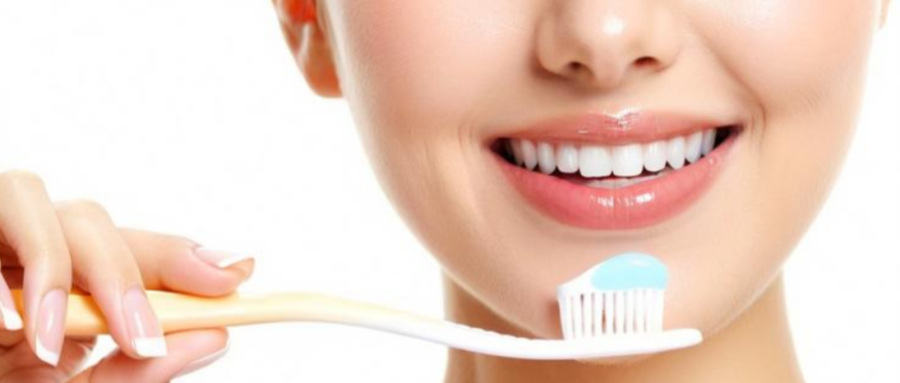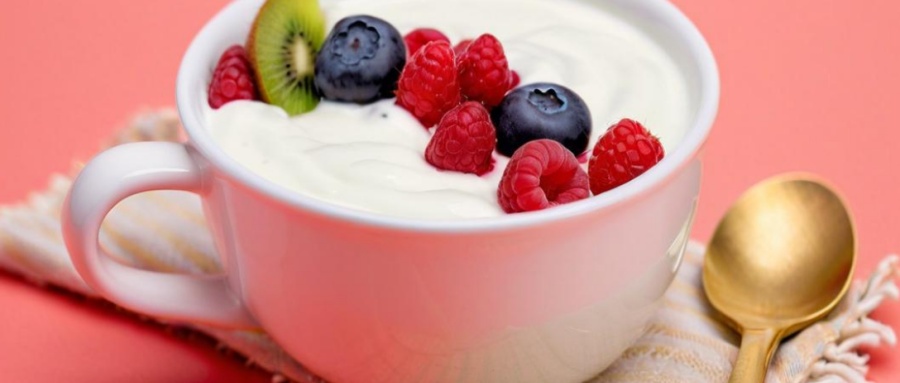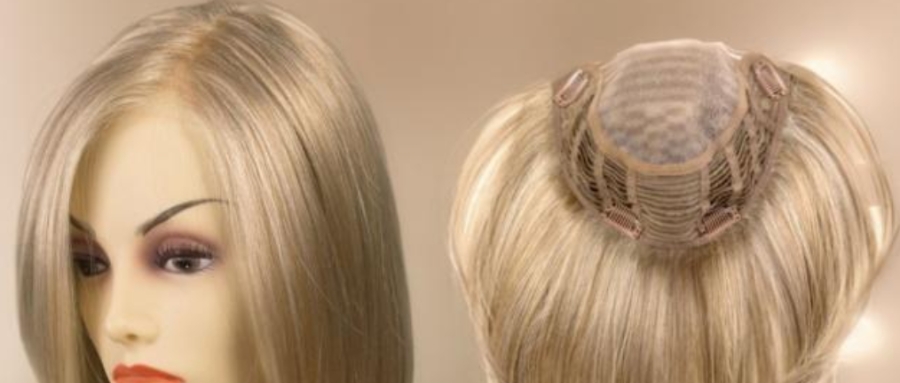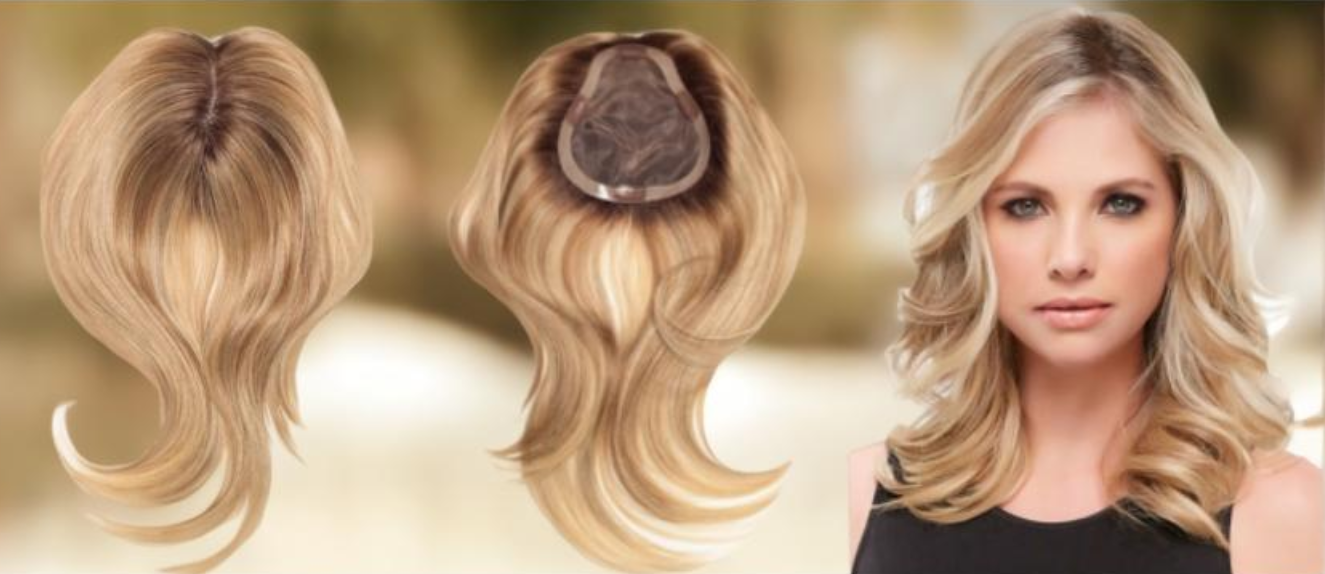Nutritionists believe that corn is a good health product among coarse grains. The nutrients contained in corn can not only promote human metabolism and regulate the nervous system, but also keep the skin delicate and smooth, inhibit and delay the formation of wrinkles, and have a significant effect on beauty and beauty.
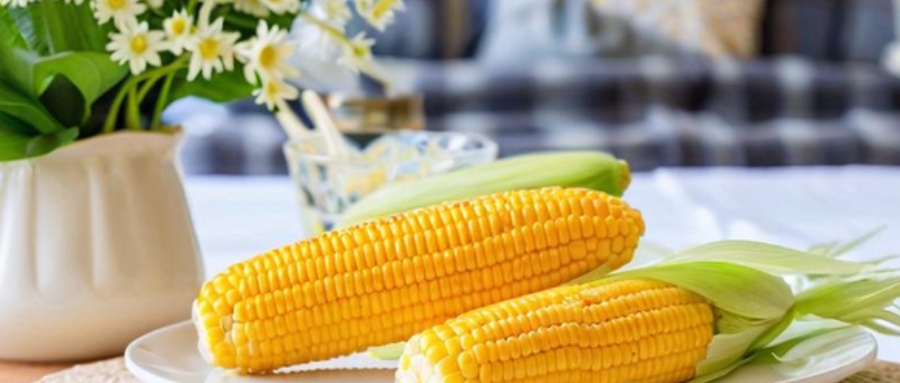
Corn tastes sweet and has a strong aroma. It can not only satisfy the taste buds, but also bring a sense of fullness. In addition, corn also contains many trace elements, which help to supplement the necessary nutrients for the human body.
What benefits can the body get from corn?
Promote digestion
As a representative of coarse grains, corn is rich in dietary fiber and vitamins, which helps promote gastrointestinal motility, and can also improve the absorption and decomposition of nutrients to protect gastrointestinal health.
Relieve constipation
If you are troubled by constipation, it is recommended to eat some corn to relieve constipation, because corn is rich in calcium, selenium, vitamin E, etc., which can strengthen intestinal wall peristalsis and promote excretion, so that you can stay away from the trouble of constipation and enjoy a relaxed body.
Brain health and intelligence
The glutamate in corn can promote brain cell metabolism and has certain brain functions. If you want to keep your mind clear, you can try eating more corn, but you have to choose according to your own situation.
Protect cardiovascular
Amino acids, unsaturated fatty acids, and trace elements in corn can work together on the body to reduce the concentration of triglycerides and cholesterol and prevent fat from depositing on the blood vessel walls. It can prevent or treat high blood pressure, hyperlipidemia and other diseases.
Delay aging
Corn contains vitamin A and vitamin E, which can delay skin aging and prevent skin aging from accelerating during aging.
To promote physical health, you may as well eat more corn and achieve balanced nutrition.
Protect eyesight
Lutein and zeaxanthin in corn, although they are not nutrients, they are better than nutrients. They are powerful antioxidants that can protect the photosensitive area called the macula in the eye and prevent the occurrence of age-related macular degeneration and cataracts.
In what situations is corn not suitable for consumption?
1. Corn is rich in cellulose. People with low immunity may hinder the body’s absorption and supplementation of protein after eating it.
2. Corn is a kind of coarse grain. People with poor stomach function may feel uncomfortable after eating it, and may even increase the digestive burden.
3. The fatty acids and beneficial fiber in corn combine with other substances to form precipitates. These precipitates will hinder the body’s absorption of rich and colorful mineral elements. People with ischemia and hypoxia should try to avoid eating them as they will hinder the absorption of calcium and iron.
While enjoying the deliciousness and health brought by corn. Also remember to reasonably match a balanced diet and eat it in moderation to maximize the benefits of corn.
